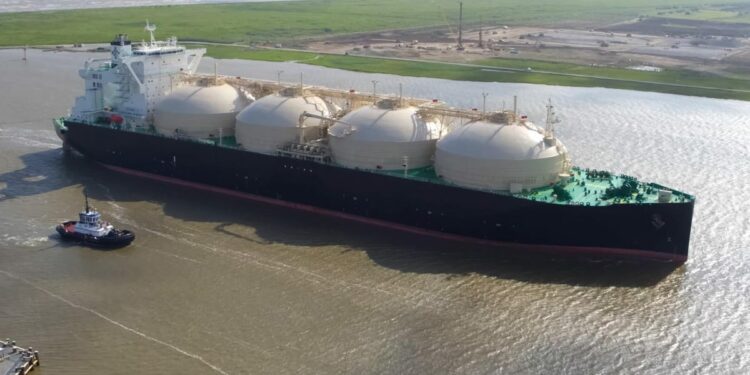In recent months Russia’s Gazprom has cut its deliveries of natural gas to Europe by half, to 17% of supply. So far Europe is making up for this “quasi-curtailment,” as analysts at IHS-Markit call it, by scouring the globe for cargoes of deep-chilled liquefied natural gas. LNG deliveries to Europe have doubled from a year ago to as much as 24 billion cubic feet per day in early February, now making up more than 40% of supply — and with the biggest portion coming from the United States.
Without American LNG Europeans could well be freezing to death amid energy shortages so severe that gas has recently priced at $30 per mmBtu, six times U.S. prices and the energy equivalent of paying a nosebleed $180 per barrel for oil. Industrial users have shut factories and furloughed workers.
“Russia has been uniquely unhelpful in addressing the panic that has engulfed the market,” writes CSIS analyst Nikos Tsafos. No wonder, since Russia created the problem.
How bad could it get if war broke out in Ukraine? Analysts say Europe could endure the shutdown of pipelines traversing Ukraine with Russian gas. Ukraine used to be the primary pathway for Russian gas to Europe, but since 1998 those volumes have fallen by 70%, to be redirected through new lines with names like Bluestream and Turkstream. The Nordstream pipeline, which dodges Ukraine in delivering gas to Germany, has been completed but not yet started up. It’s now a political football that could become a white elephant.
Putin is unlikely cut off gas to Europe entirely (he’s making too much money), and European leaders would be foolish to blockade the supplies — because even if all the world’s LNG cargoes were redirected to European ports, there isn’t sufficient regasification capacity to take it.
That means that Europe needs to call on all its options, from old coal plants, nukes and mothballed gas fields like Holland’s Groningen.
So who’s making money off Europe’s forced LNG feast? Anyone with so-called “spot” cargoes. Most LNG cargoes are sold under long-term contracts, destined for particular power plants. But trading houses buy opportunistically; Glencore has a contract with Cheniere Energy, the biggest American LNG producer, for 800,000 tons per year for 13 years, while rival Trafigura has a trading joint venture with Freeport LNG. These days traders can make $60 million in profit selling a single spot cargo of gas into Europe and capturing the arbitrage between $4/mmBtu gas on the U.S. Gulf Coast and $30 gas in Europe.
To be sure, Cheniere, the world’s second-largest LNG producer, is generating tremendous amounts of cash — $6.3 billion in EBITDA expected this year — but its economics are mostly locked in under long-term contracts, with only 10% or so of its production available for spot trades.
Cheniere, which has invested $40 billion over the past decade into its liquefaction plants on the Gulf Coast, this week announced the completion by Bechtel of its sixth so-called “train” at its Sabine Pass in Louisiana, two months ahead of schedule and within the $2.5 billion budget.
Cheniere has led America’s cadre of young LNG companies from zero exports six years ago to 11 billion cubic feet per day now. The pandemic has slowed that growth, with just 1 bcfd of additional LNG production in the works by 2024, according to consultancy Enverus. That means less “freedom gas” heading to Europe, but more left over for domestic consumption, ensuring that Americans won’t have to worry about expensive natural gas for many years to come.











